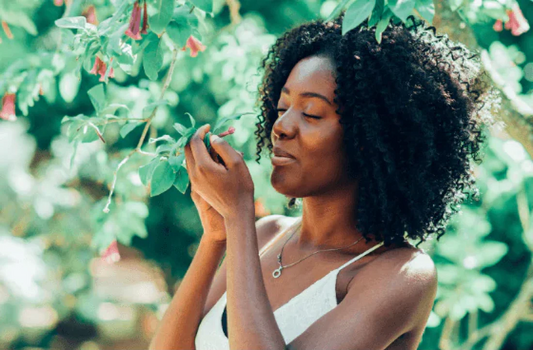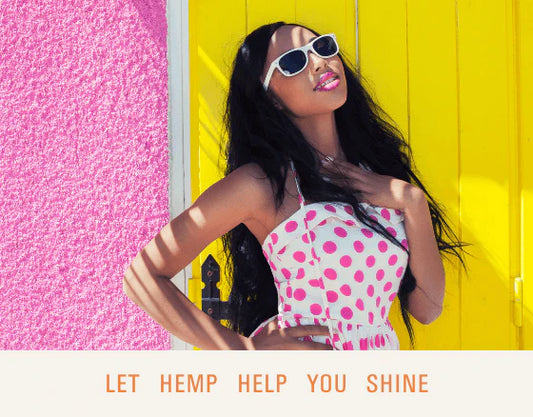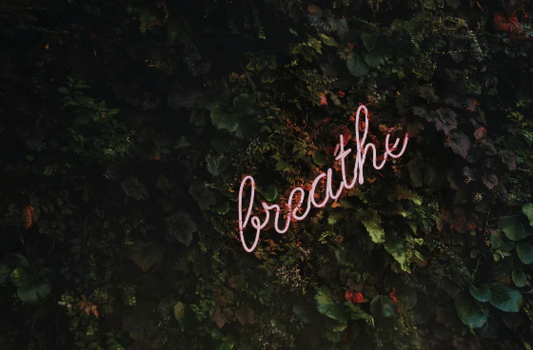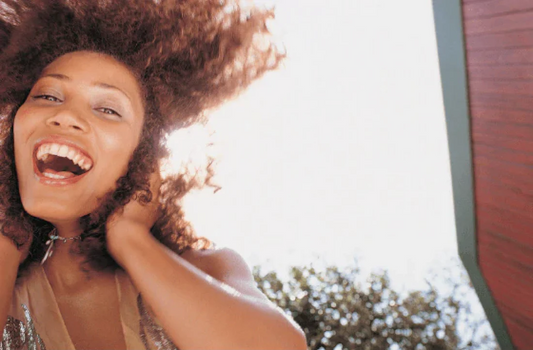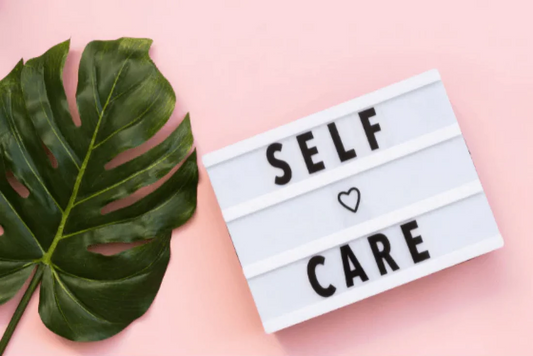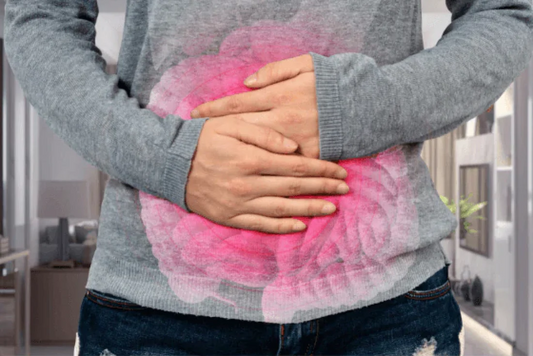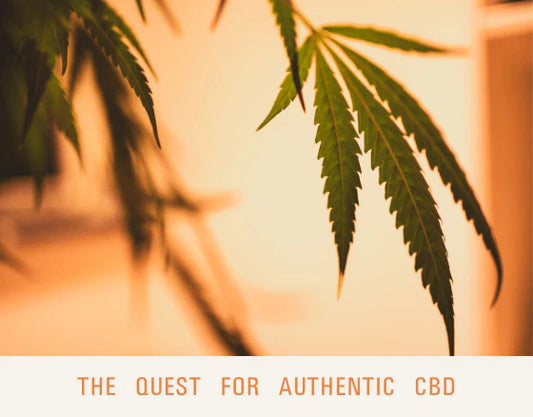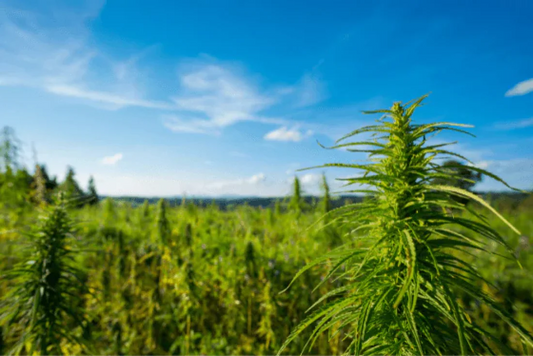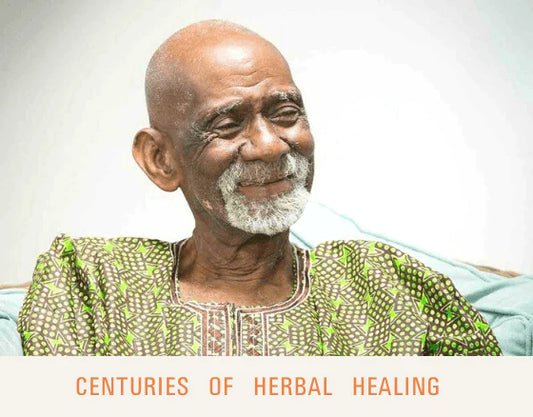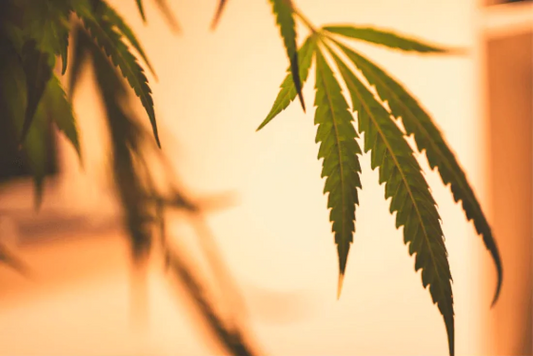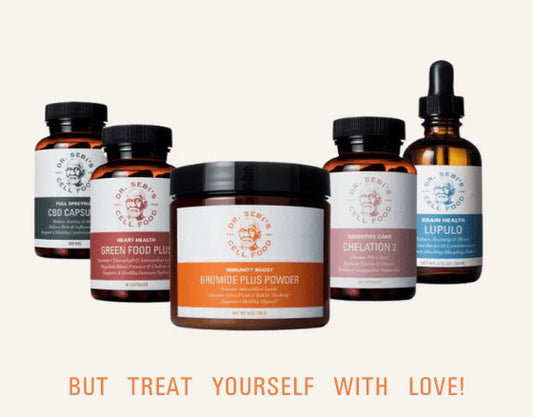Plant-based diets are surging in popularity, but not all plant-based products are created equal. We bust some myths and honor some heroes to help you discern the difference.
This Monday, March 7th, is Plant Power Day. This international celebration is dedicated to the benefits of environmentally sustainable plant-based diets. In this edition of our newsletter, we give thanks to the incredible plant kingdom, reveal the secret truth about trees, and highlight hemp’s incredible versatility.
What Are Plants?
Plants feel, breathe, grow, move, eat, excrete and reproduce. They need sunlight, water, air, and nutrients to survive, and just like us, they have specialized cells to perform different tasks:
- Roots form an underground network that absorbs water and nutrients from the earth. Trees of the same species can have interconnected roots to share nutrients, forming an interdependent ‘super-organism’.
- Stems act like a ‘spine’ to support the leaves, flowers, and fruits while connecting them to the plant’s roots. The stem transports substances extracted from soil and energy made in the leaves.
- Leaves are like lungs. They use the green pigment chlorophyll to combine sunlight with water and carbon dioxide to produce energy and oxygen.
- Flowers are responsible for reproduction. They produce pollen to make seeds that form the next generation. Many approved herbs have delicious edible flowers, including basil, chamomile, dill, oregano, sage, tarragon, and thyme.
- Fruits are the plant’s 'womb' that nurtures the seeds. Energy is often stored inside the fruit to nourish seeds as they grow. Birds and mammals eat the fruits then excrete the seeds to ‘plant’ them.
The Importance of Plants
Wherever you go on planet Earth, plants find a way to thrive:
- Lush forests - ferns, trees, and wildflowers.
- Barren deserts - cacti, yucca trees, and shrubs.
- Underground caves - algae, moss, and fungi.
- Mountain peaks - grasses, lichens, and alpine flowers.
- Freshwater rivers and lakes - bamboo, water lilies, lotuses.
- Saltwater oceans - seaweeds, plankton, and kelp.
Plants are vital for the survival of the whole planet, and its inhabitants:
- Capturing the sun’s energy and converting it into food.
- Creating oxygen and cleaning the air so we can breathe.
- Gathering minerals and elements from the soil and sea.
- Producing phytochemicals that protect us from disease.
- Delivering phytonutrients that reduce physical stress.
- Engineering antioxidants that reduce inflammation.
- Making fiber to feed gut bacteria and move the bowels.
- Giving us natural energy, nutrients, minerals, and water.
- Adapting the body with herbs that ‘fine-tune’ our biology.
- Providing shelter and natural resources to build with.
- Housing wildlife in complex ecosystems and habitats.
- Releasing strong smelling scents that perfume the air.
- Offering delicious tastes and smells to inspire our senses.
- Sharing their natural beauty to calm and revitalize.
Plant Intelligence
Trees communicate over vast networks using scents. Elm and pine trees can detect which species of insect are eating them (based on their saliva), and produce a pheromone to attract predators to eat the insect. Oak trees release bitter tannins in their leaves to kill off hungry insects.
Plants can ‘hear’. Experiments using whispering, shouting and music show that plants respond to voice and sound. Talking and even singing to your plants has been scientifically shown to enhance their growth.
Plants can ‘move’ and ‘navigate’. Plant roots that meet a rock underground will grow around it and leaves move to enhance sunlight absorption.
Plants can ‘feel’ external stimuli, like the heat of a flame. They communicate internally, and with each other, using electrical signals, much like our own nervous system.
“The body is not made up of any alphabetical order, it is made up of minerals, and when those minerals have been depleted, a disease ensues. So you replace them in a natural form – in the form of a plant because it is electrical.” – Dr. Sebi.
Unsustainable Myths
Plant Power Day encourages people to include more plants in their diet. But not all plant-based foods are good for you; some are toxic products created for profit. Here are three of the biggest plant-based myths getting in the way of personal and planetary health:
- Myth 1 - All Plant-Based Food is Healthy
Modern plant-based meat alternatives are developed in laboratories and have questionable ingredients, including modified potato starch and dextrose (both sugars), GMO corn (covered with pesticides), and (hormone-disrupting) soy.
- Myth 2 – All Plants are Good for the Planet
Many plant-based foods are destroying the natural environment. Soy is one of the worst culprits and is directly leading to the extinction of animals in the Brazilian rainforest.
- Myth 3 - All Plants are Ecological
Fake foods rely on chemically laced GMOs that make their way into our water supplies and oceans. They promote farming practices that deplete soil, kill bees and provide less nutrition.
Hemptastic!
One of the most beneficial plants of all is hemp. It was a key crop in human development for over 12,000 years, and has an incredible number of benefits and applications. Hemp is one of the most nutrient rich, valuable and sustainable plants, with an array of interesting uses:
- Batteries - waste hemp is transformed into carbon nanosheets that conduct electricity. Hemp batteries are 99% cheaper to make than the industry standard graphene batteries.
- Building materials - hemp is mixed with lime and sand to form ‘hempcrete’ (hemp concrete).
- Carpeting - hemp is one of the oldest carpet-making materials, thanks to its durability, versatility and because it’s naturally fire retardant.
- Cars - hemp can be used to make car bodies and biofuel. Henry Ford was the first person to use hemp fibers for manufacturing car parts.
- Clothing - hemp fibers make lightweight clothing that’s three times stronger than cotton.
- Cooking oil - cold pressed hemp seeds exude a skin-beautifying oil that’s also used for cooking.
- Detergents - hemp soap contains beneficial fatty acids that your skin loves; it helps to moderate your skin's natural oil production without clogging pores.
- Diapers - reusable hemp diapers reduce waste and provide a plastic-free and toxin-free experience for your baby’s bottom.
- Fabric - hemp fabric is soft and strong, it lasts 2 to 3 times longer than cotton.
- Flour - powdered hemp seed creates flour that is great for baking with.
- Milk - blending hemp seeds with water makes delicious, nutritious, plant-based milk that takes just a few minutes to prepare at home (use hemp hearts or hemp seeds then pass through a sieve).
- Ink - tattoo ink made from hemp is just as effective as traditional ink, but avoids toxic chemicals.
- Insulation - hemp fibers are bound together with flax to form a dense insulating ‘wool’ that can be used in buildings.
- Paint - paint made from hemp oil is biodegradable and comes in a range of vibrant colors.
- Paper - made from hemp fibers are more durable than regular paper, also hemp grows faster than trees creating an ecological advantage.
- Plastic - hemp cellulose is made into non-toxic and biodegradable bioplastics that can be used to make boats, musical instruments, and cellophane.
- Rope - hemp was the standard for making ropes on maritime vessels because of its immense strength and durability.
- Salad dressing - hemp seed blended with water and combined with olive oil and key lime juice makes a tasty salad dressing rich in beneficial fatty acids.
- Skin cream - hemp oil moisturizes, doesn’t clog pores, and is rich in skin-rejuvenating nutrients.
- Snacks - hemp chips, hemp power bars, hemp cookies, hemp energy balls, and hemp shakes.
Hemp is also an incredible herbal healer. The active ingredient, CBD, reduces pain perception and anxiety while increasing focus, creativity, and feelings of tranquility. That’s why CBD derived from hemp is the main ingredient in our Hemp Extract Soft Gel capsules, so you can easily enjoy these potent plant properties on the go.
Gifts from Nature
Plants are the most powerful resource we have to nurture us here on planet Earth. Collectively we are responsible for ensuring that future generations can continue to utilize these incredible gifts from nature. Shop organic when possible and avoid fake edible products that pretend to be healthy plant-based foods.
Which powerful plants do you appreciate?
What green gifts do you rely on?
How do plants help you stay healthy, happy and strong?







